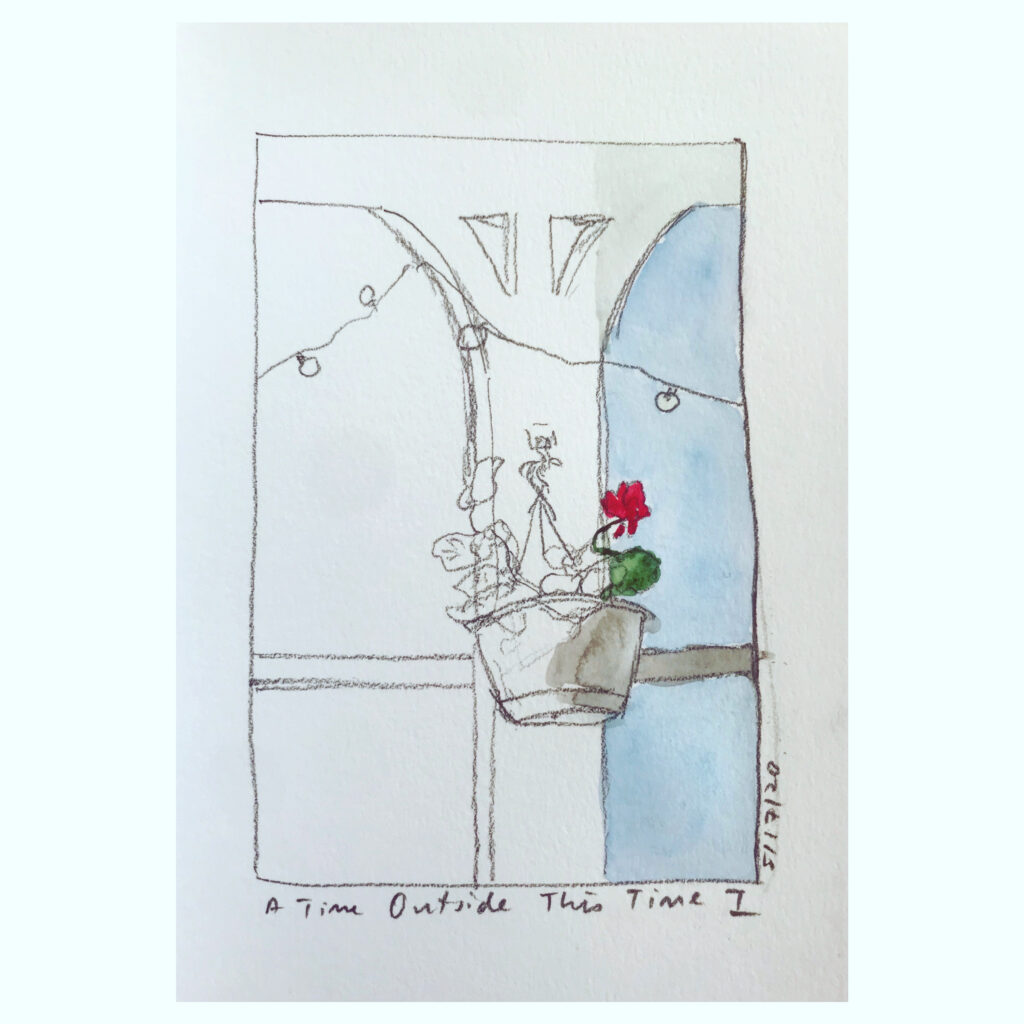
Aleph (India), Knopf (US), Hamish Hamilton (Canada), and Picador (UK).
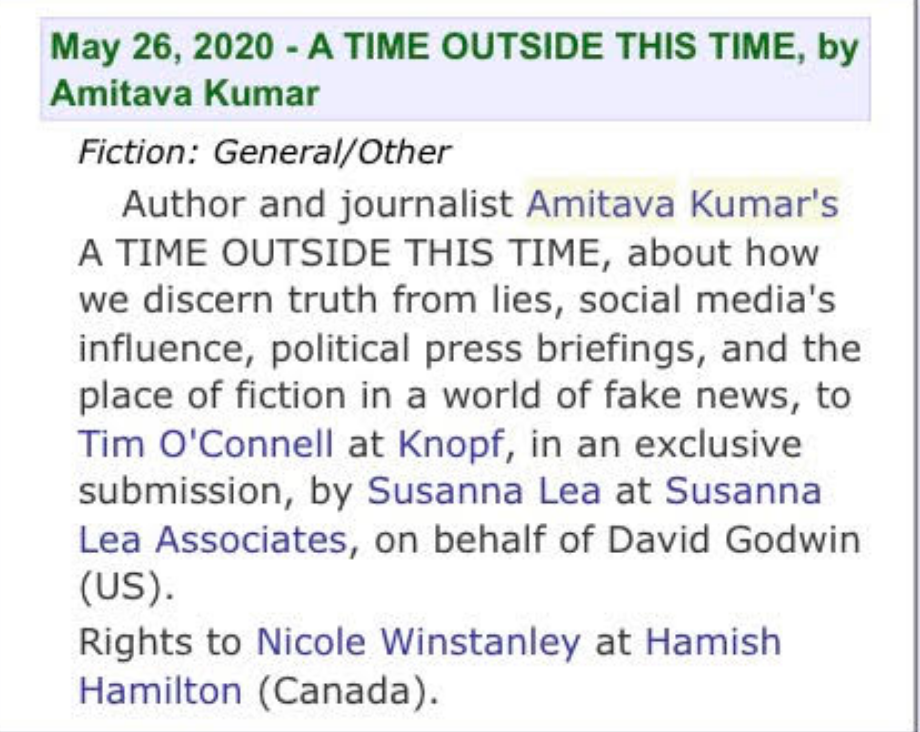


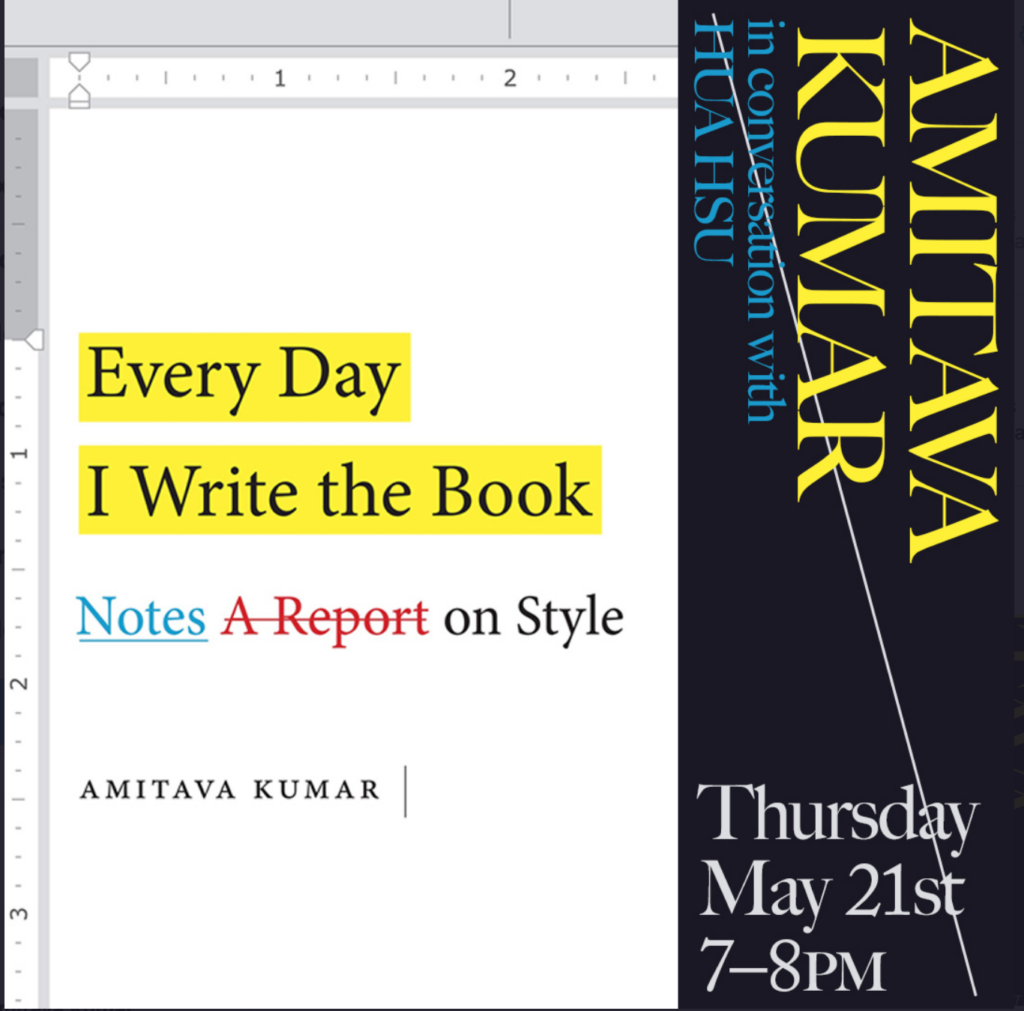
Every Day I Write the Book
Register for this free McNally Jackson event on Zoom. A conversation on writing between Amitava Kumar and Hua Hsu, Thursday, May 21, 7 PM EST.
From the McNally Jackson website:
Topic Amitava Kumar (Every Day I Write the Book) In Conversation with Hua Hsu
Description Amitava Kumar’s Every Day I Write the Book is for academic writers what Annie Dillard’s The Writing Life and Stephen King’s On Writing are for creative writers. Alongside Kumar’s interviews with an array of scholars whose distinct writing offers inspiring examples for students and academics alike, the book’s pages are full of practical advice about everything from how to write criticism to making use of a kitchen timer. Communication, engagement, honesty: these are the aims and sources of good writing. Storytelling, attention to organization, solid work habits: these are its tools. Kumar’s own voice is present in his essays about the writing process and in his perceptive and witty observations on the academic world. A writing manual as well as a manifesto, Every Day I Write the Book will interest and guide aspiring writers everywhere.
Amitava Kumar is Helen D. Lockwood Professor of English at Vassar College and the author of numerous books, including Lunch with a Bigot; A Matter of Rats; and Nobody Does the Right Thing, all also published by Duke University Press; and most recently, Immigrant, Montana: A Novel.
Hua Hsu began contributing to The New Yorker in 2014 and became a staff writer in 2017. He is the author of A Floating Chinaman: Fantasy and Failure Across the Pacific. He has previously written for Artforum, The Atlantic, Grantland, Slate, and The Wire. His work has been anthologized in “Best Music Writing” and “Best African American Essays,” and his 2012 essay on suburban Chinatowns was a finalist for a James Beard Award for food writing. He also served on the editorial board of “A New Literary History of America” (2009) and was formerly a fellow at the New America Foundation. Hsu is currently an associate professor of English at Vassar College and serves on the executive board of the Asian American Writers’ Workshop.

In the Indian Express, my article on our current grief.
“The contagion has produced a new world, no doubt, but everything appears to be only a repetition of all that was there before.”
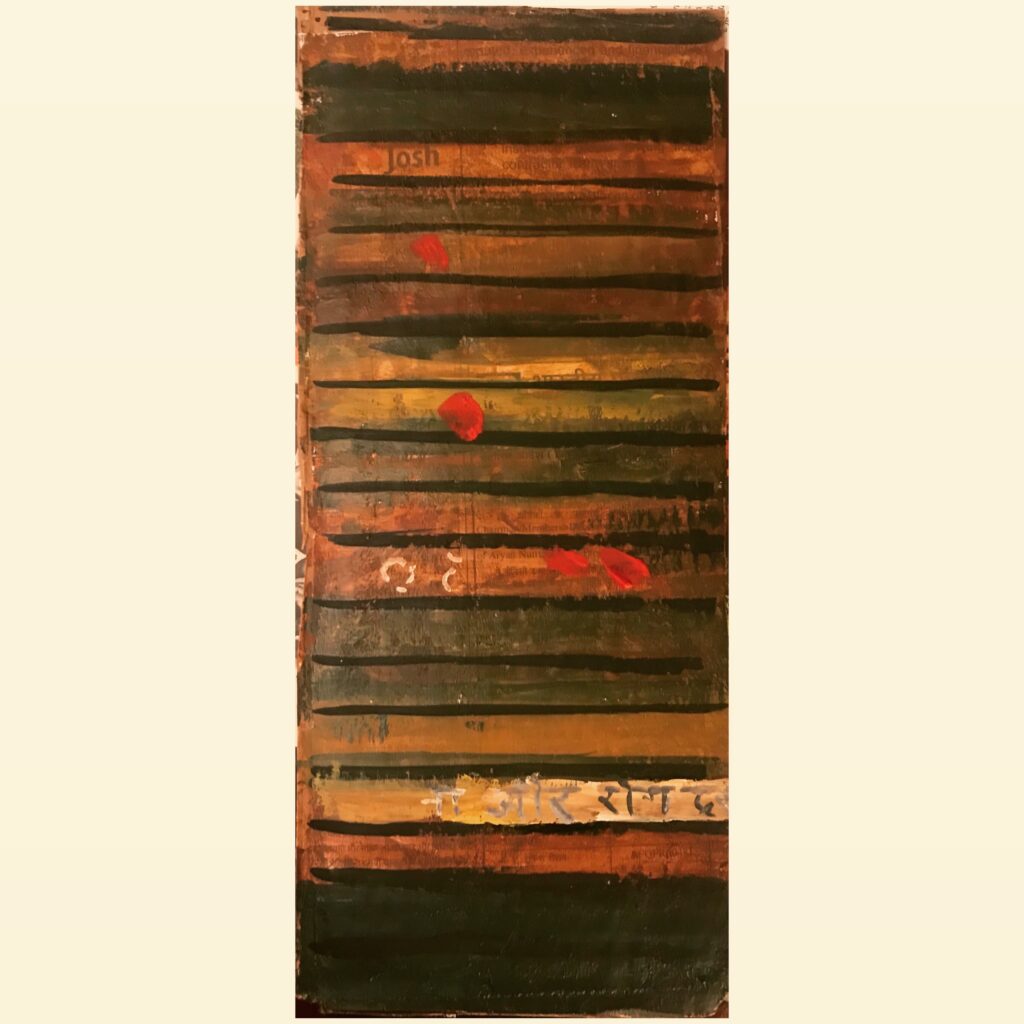
BRICK Magazine has just uploaded a podcast-interview with me where I answer the question: What can you write that will make anyone reading you give a dying man a drink of water?
(And to read my original piece from BRICK 103, go here.

Virginia Quarterly Review has uploaded three of my #coronavirusdiary entries and three drawings as a part of their #VQRTrueStory series described as a “social-media experiment in nonfiction.” Go here for the first, here for the second, and here for the third.
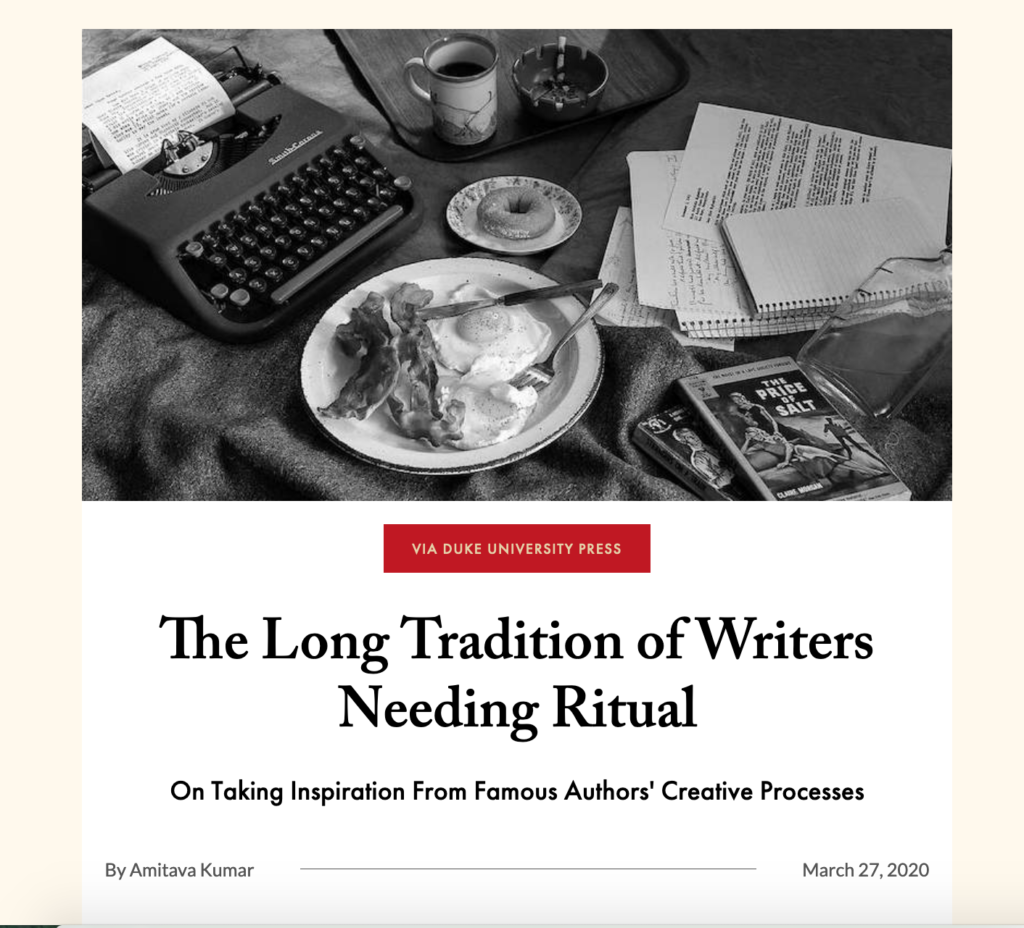
Today is the official pub day Every Day I Write the Book. LitHub has published an extract from the book on writers and their rituals.
And here’s an interview with Joe Donahue at the NPR station WAMC.
Duke University Press is offering 50% off through May 1. Use the coupon code SPRING50. Go here to buy the book.

I had scarcely imagined a pandemic looming in the future when I designed this sign for Every Day I Write the Book. This book, a product of many years of labor, is out this month. It is being offered for a truly remarkable fifty percent discount at the Duke University Press site. Go here and enter the code ‘Spring50.’ We are living in trying times. Start writing. Keep a journal. What you write today will become a part of history. Do not trust the State to be a keeper of your memory. Do not trust the media. In fact, you cannot even trust your memory. Write it down, write it down. And please, buy the book that Kirkus Reviews calls ‘an engaging, perceptive companion for all writers.’

I’m proud of my daughter who has written a prize-winning essay about an embarrassing event:
Dear imagined future self,
On Halloween, my best friend’s older brother sold us each one Poland Spring water bottle filled with watered-down vodka. There are now 15 dollars less to my name. We drank this vodka with a great deal of teenage bravado — trying not wince at the clear liquid’s resemblance to rubbing alcohol. My friend’s father made a crudité platter for us. The night ended with me throwing up baby carrots and mini peppers in my dad’s Honda, at the first hard left out of my friend’s driveway. Never have I felt more like a 16-year-old.
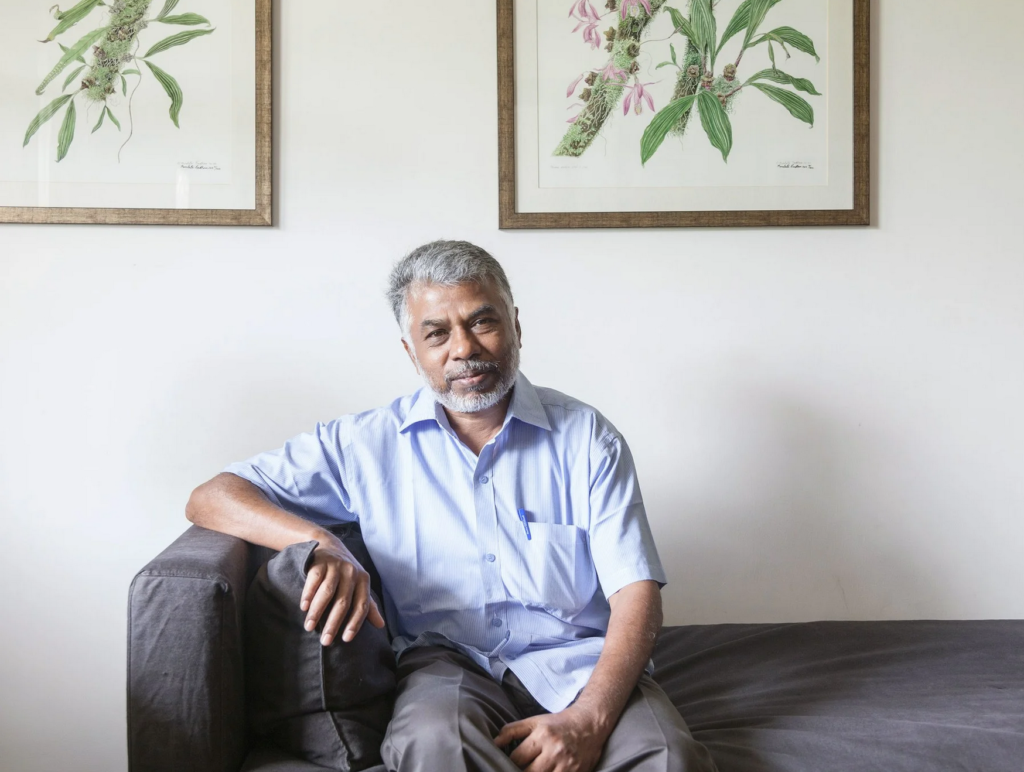
From my new piece about Perumal Murugan for the New Yorker’s Page-Turner:
Earlier this year, at a literary festival in Jaipur, I met the Tamil writer Perumal Murugan. I had just finished reading his book “Poonachi,” which will be published in the U.S. this month as “The Story of a Goat.” (The translation is by N. Kalyan Raman.) Here is how the novel begins: “Once, in a village, there was a goat. No one knew where she was born. The birth of an ordinary creature never leaves a trace, does it?” When I read those lines, a thrill ran through me.
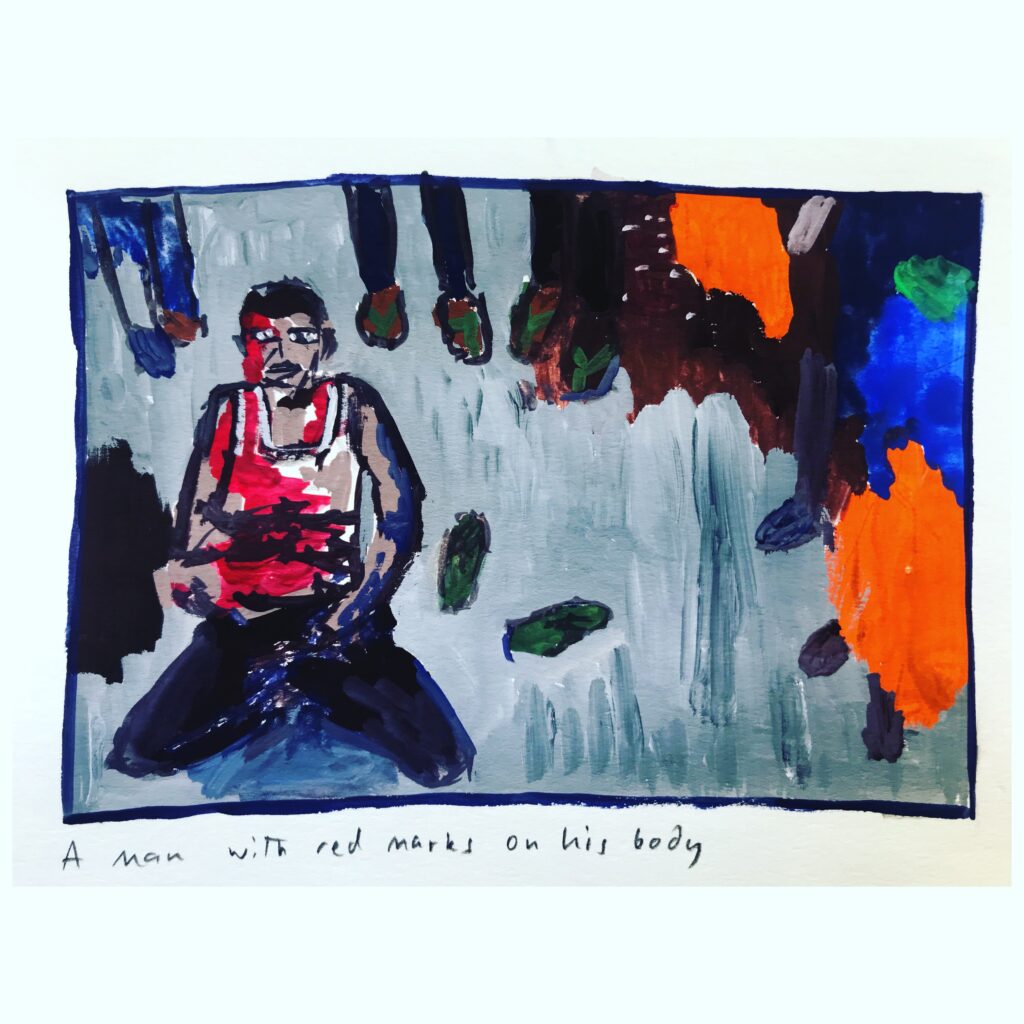
From my new piece in the Columbia Journalism Review:
A specter is haunting the writing of fiction—the specter of fake news. I fear that my abilities as a novelist are being challenged by those who manufacture lies on social media. There is fiction and then there is fiction—falsities that lead to lynchings and riots. Both rely on storytelling, but that’s like saying soil is used both in gardens and in graves. The way language is used in each case is entirely different, if not opposed.